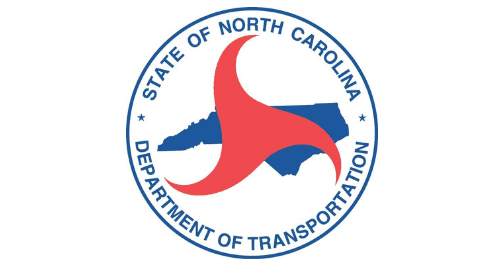100.1 FM / 1450 AM WIZS; Local News broadcasts M-F 8am, 12pm, 5pm
-Press Release, NCDOT
To ensure the most efficient travel for North Carolina drivers over the July 4 holiday, the N.C. Department of Transportation will suspend most road construction projects that cause lane closures on major routes across the state.
Where possible, closed lanes will be opened from the morning of Wednesday, July 3, through the evening of Friday, July 5. There are some locations where the type of construction or the project status will not allow an opening for safety reasons.
Heavy traffic is also expected on Sunday, July 7, particularly on interstates. NCDOT is reviewing any lane closures that may be planned that day for primary routes and could extend the lane closure restrictions at those locations to avoid potential traffic backups.
Drivers can check the status of the route they plan to take in advance by going to DriveNC.gov. They can also follow NCDOT on Twitter to track travel updates by region or route.
NCDOT encourages drivers to follow these tips to navigate the roads safely over the holiday:
- Leave early. Travel at non-peak hours and use alternative routes to avoid the heaviest traffic congestion.
- Stay alert. Even when work is paused, you may encounter narrowed lanes, shifts in traffic and lower speed limits through work zones.
- Be patient.
- Don’t drive drowsy. For extended drives, take frequent breaks to remain alert.
- Don’t drive distracted. When drivers are not focused on the road, they react slowly to traffic conditions and are more likely to be involved in a crash.
The July 4 holiday is also a time for law enforcement to crack down on drunk driving. The N.C. Governor’s Highway Safety Program started its Operation Firecracker campaign this week, geared toward catching people who are driving under the influence.
Sobriety checkpoints will be in place in all 100 counties through Sunday, July 7, to keep impaired drivers off the roads for their safety and the safety of others.
If you plan to drink over the holiday period, NCDOT and GHSP strongly urge you to call a friend, use a ride-share service or take a cab – just don’t drive drunk.
